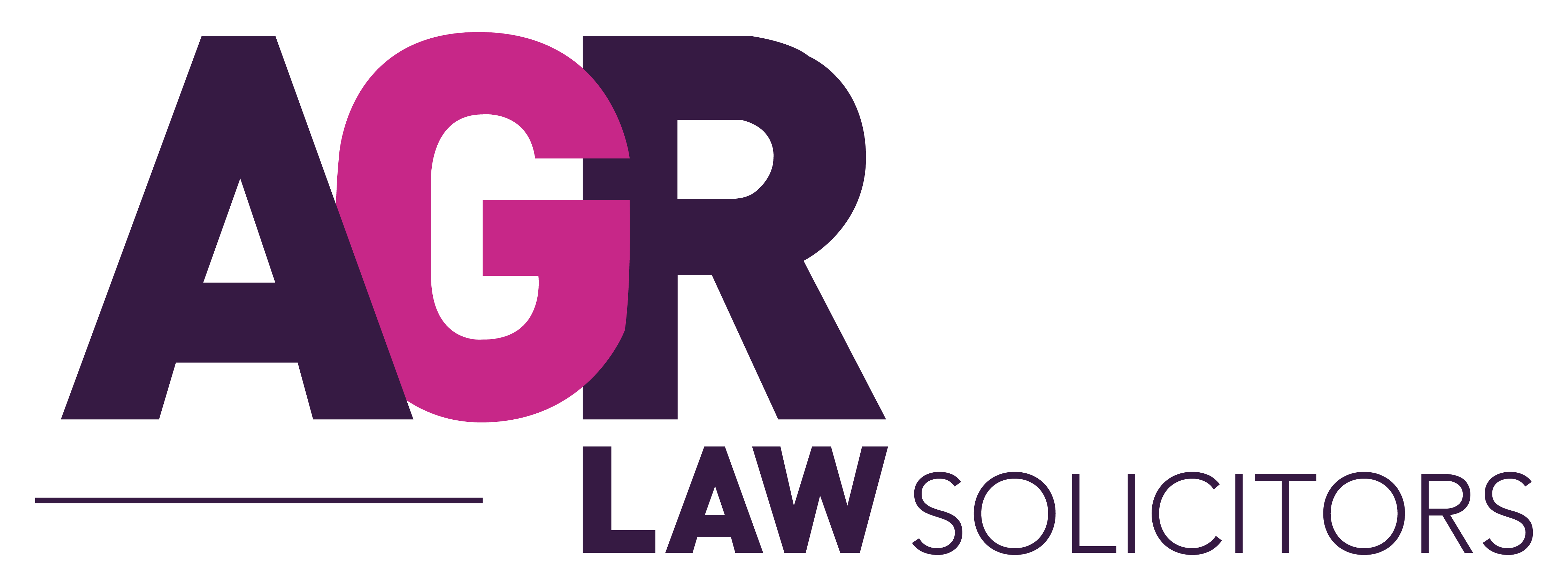Last year, the Child Support Collection (Domestic Abuse) Bill gained Royal Ascent. This means the Child Maintenance Service (CMS) will have greater powers to intervene in cases where parents have separated due to domestic abuse, providing improved financial protection for parents who have separated from perpetrators.
What does the CMS do?
Child maintenance ensures living costs are covered when a couple separates, and one of the parents no longer lives with a child or children. It may also be needed when the parents have never been in a relationship. To be eligible, the child or children must be up to the age of 16 or 20 and in full-time education.
The CMS acts in two ways – ‘direct pay’ and ‘collect and pay.’
- Direct pay is when the CMS calculates how much needs to be paid voluntarily by the non-resident parent
- Collect and pay is for when direct payments have been repeatedly missed. The CMS collects payments from the non-resident parent, and pays them to the resident parent
Why are the new laws needed?
Through the new laws, any resident parent whose former spouse or partner was abusive will be able to access child maintenance via collect and pay. They will be able to do this without having to prove that direct payments have been missed, and consent from the perpetrator will not be necessary.
This will mean the CMS will act on the resident parent’s behalf, meaning they will not need to be in contact with their abuser to arrange maintenance payments, though they will need to provide evidence of abuse.
This is a huge step forward in preventing financial abuse, emotional abuse and blackmail where a perpetrator withholds (or threatens to withhold) payments.
In addition, the new laws will:
- Give the CMS power to report suspected financial abuse cases to the Crown Prosecution Service to help bring abusers to justice
- Provide CMS staff with enhanced domestic abuse training
- Waive CMS fees for domestic abuse cases
- Trial one-to-one support for domestic abuse survivors
How did the new Bill come about?
In 2017, Emma Day was murdered by Mark Norris, her abusive ex- partner with whom she had a child. Her murder followed arguments between them surrounding maintenance payments. Investigations revealed Ms Day had made the CMS aware of the history of domestic abuse and the violent threats she had received from Norris.
South London Coroner’s Court’s Domestic Homicide Review urgently recommended an independent review into how the CMS supported parents who had experienced domestic abuse and needed to set up maintenance payments. This was carried out in 2021. It highlighted the need for the CMS to provide greater protection to its clients and a robust training programme for staff.
Dr Samantha Callan, who was commissioned to lead the review, said:
“As well as violence, there is now legal recognition that domestic abuse includes financial and other forms of coercive control which can continue to play out – or be initiated – after parents separate. My review highlights the pressing need for the Child Maintenance Service to help protect its clients from all forms of abuse and be aware that these can be perpetrated by the receiving as well as the paying parent and I am pleased the Government is acting on my recommendations.”
The Child Support Collection (Domestic Abuse) Act 2023 Bill had its first reading in the House of Lords in June 2022. It received Royal Assent in June 2023.
Domestic Abuse
Domestic abuse can take all sorts of forms, including coercive control, emotional abuse, physical abuse, sexual abuse, financial (or economic) abuse, harassment or stalking and online or digital abuse.
It is a crime, and the police and other authorities treat it as such. The perpetrator may try to convince you that the abuse is your fault and that it’s a normal part of being in a relationship, but this is not the case.
If you and/or your children are in immediate danger, ring 999 and seek police assistance. If you need non-urgent help:
- Refuge (women) – telephone 0808 200 0247 (freephone, open 24/7)
- Women’s Aid – livechat via their website or email helpline@womensaid.org.uk
- Find a local domestic abuse service here
- Respect (men) telephone 0808 801 0327 (freephone, 9am to 5pm, Monday to Friday)
How can AGR Law help?
We specialise in Family Law and Domestic Abuse, and can help separating parents with childcare arrangements, child arrangements, financial matters and more. Contact us on hello@agrlaw.co.uk or 0116 340 0094 if you need support.

